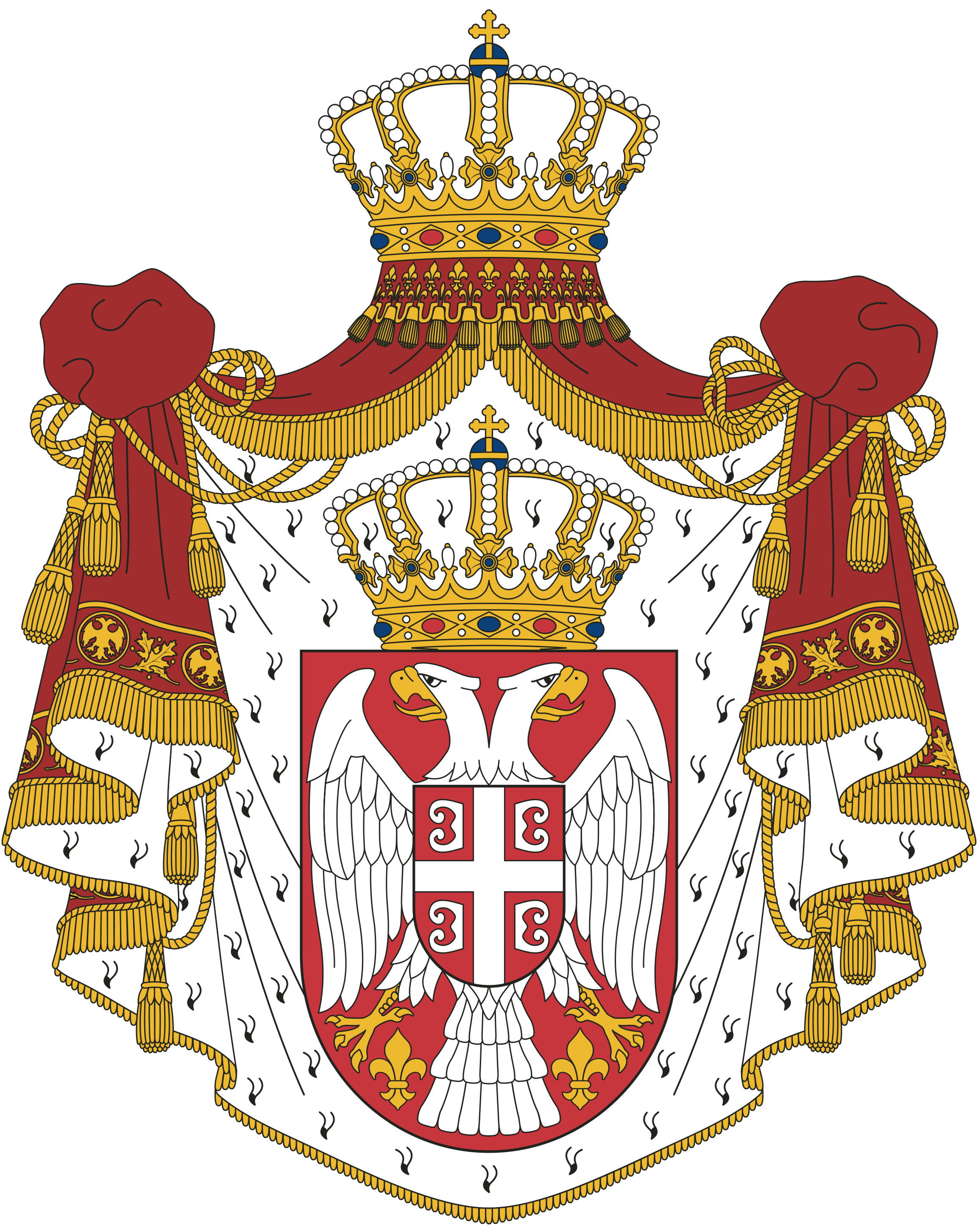To bring justice closer to citizens and restore their faith and confidence in the justice system, the Ministry of Justice had drafted the text of the Judicial Reform Strategy 2013-2018 (adopted by the National Assembly of the Republic of Serbia on 1 June 2013) and the Action Plan for the Implementation of the Strategy (adopted by the Resolution of the Government of Serbia on July 31, 2013). These documents aim to improve the quality of justice, efficiency and effectiveness of the judiciary while strengthening and protecting its independence accompanied by effective mechanisms of accountability.
This strategy represents a continuation of the reform activities set forth in the National Judicial Reform Strategy 2006-2011 and its action plan.
The completion of the last phase of the judicial reform will be followed by the phase of improvement i.e. precise definition of the adopted legal framework, institutional and professional strengthening of the capacity of the newly established institutions (the High Judicial Council, the State Prosecutorial Council, the Judicial Academy), as well as linking the process of judicial reform to the process of European integration.
National Judicial Reform Strategy is a five-year strategic framework that elaborates the key principles of the reform, its strategic objectives and long-term strategic guidelines for their achievement. The aim of the Strategy is to enable the judicial system to prepare for the new challenges, in line with European standards and values. Therefore, the EU law as well as the recommendations and standards of the Council of Europe should be taken into account during the process of European integration. National Judicial Reform Strategy is aligned with the key strategic documents such as the National Plan for the Adoption of the EU Acquis (NPAA) and the country’s identified key strategic priorities.
This strategy should provide continuity of judicial reform and expand the scope of the reform activities to the entire judicial system of the Republic of Serbia. Its scope will be more comprehensive, serving to correct some of the previous reform efforts on the basis of the assessment of results of the implemented reform and on the analysis of success of the previous Strategy. This means that the organized implementation of planned changes will now include the entire judicial system (and not just the courts, as was the case to date).
Further elaboration of specific measures and activities will be provided in the Action Plan, which will be updated each year based on the analysis of activities realized during the preceding period. The measures identified in the Action Plan will follow the guidelines and will be divided into short-, medium- and long-term categories, depending on the capacity and the necessary activities. The measures will be further elaborated through the activities that will define deadlines, competent bodies i.e. implementers of the measures, and the sources of funding.
2013 – 2018 National Judicial Reform Strategy
Action Plan for the Implementation of the National Strategy
On 31 July 2013, at the proposal of the Ministry of Justice and Public Administration, the Government of the Republic of Serbia passed the Resolution No. 700-6579/2013 on the adoption of the Action Plan for the Implementation of the National Judicial Reform Strategy 2013-2018 (hereinafter referred to as the Action Plan). The Resolution, of which the Action Plan is an integral part, was published in the "Official Gazette of the Republic of Serbia" No. 71/2013 on 8 September 2013.
The Action Plan contains indicators of strategic objectives and sources of verification of indicators, which allows for systemic control of the implementation of the Strategy and represents a control mechanism to be used to monitor its effectiveness.
Information about the implementation of the Action plan, in Serbian and English, can be downloaded here.
The Commission for the Implementation of the National Judicial Reform Strategy 2013-2018
In a Decision adopted on 25 August 2013, the Government of Serbia established the Commission for the Implementation of the National Judicial Reform Strategy 2013-2018, in order to implement the activities envisaged in the National Strategy and Action Plan for its implementation.
Members of the Commission:
- Nikola Selakovic, Minister of Justice; deputy member Biljana Pavlovic, State Secretary in the Ministry of Justice;
- Dragomir Milojevic, President of the Supreme Court of Cassation; deputy member Janko Lazarevic, Judge of the Supreme Court of Cassation;
- Zagorka Dolovac, the Republic Public Prosecutor; deputy member Gordana Janicijevic, Deputy Republic Public Prosecutor;
- Miroljub Tomic, member of the High Judicial Council from among the Judges; deputy member Majda Krsikapa, Secretary of the High Judicial Council;
- Branko Stamenkovic, Special Prosecutor for Cyber Crime, member of the State Prosecutorial Council; deputy member Danijela Sindjelic, Public Prosecutor in the Second Basic Public Prosecutors’ Office in Belgrade, member of the State Prosecutorial Council;
- Petar Petrovic, MP, Chairman of the Committee on the Judiciary, Public Administration and Local Self-Government of the National Assembly of the Republic of Serbia; deputy member Tanja Tomasevic Damnjanovic, MP, Deputy Chairman of the Committee on the Judiciary, Public Administration and Local Self-Government of the National Assembly;
- Ljubica Milutinovic, Judge of the Supreme Court of Cassation, member of the Managing Board of the Judges’ Association of Serbia; deputy member Omer Hadziomerovic, Judge of the Appellate Court in Belgrade, Deputy President of the Judges’ Association of Serbia;
- Goran Ilic, PhD, Deputy Republic Public Prosecutor, President of the Association of Public Prosecutors and Deputy Public Prosecutors of Serbia; deputy member Radovan Lazic, Chairman of the Managing Board of the Association of Public Prosecutors and Deputy Public Prosecutors of Serbia;
- Dragoljub Djordjevic, Attorney at Law from Belgrade, President of the Bar Association of Serbia; deputy member Zoran Jevric, Attorney at Law from Belgrade, Vice President of the Bar Association of Serbia;
- Nenad Vujic, Director of the Judicial Academy; deputy member Aleksandar Stepanovic, President of the Higher Court in Belgrade;
- Prof. Ranko Keca, PhD, Professor and Dean of the Faculty of Law in Novi Sad; deputy member Prof. Vladan Petrov, PhD, Associate Professor and Vice Dean of the Faculty of Law in Belgrade;
- Aleksandra Tresnjev, Bailiff from Belgrade, deputy member Zorica Selecin, Bailiff from Kraljevo.
- Slavica Manojlovic, Head of the Group in charge of the system for the financing of salaries in the Budget Sector in the Ministry of Finance; deputy member Marija Savic, Consultant in the Budget Sector in the Ministry of Finance;
- Srdjan Majstorovic, Deputy Director of the Office for European Integration; deputy member Sanja Mrvaljevic Nisavic, Head of the Section for Political Criteria and Justice, Freedom and Security in the Office of European Integration;
- Ivana Cirkovic, Director of the Office for Cooperation with Civil Society; deputy member Milena Banovic, Chief of Section for Planning and Creation of an Enabling Environment for Civil Society Development in the Office for Cooperation with Civil Society.


